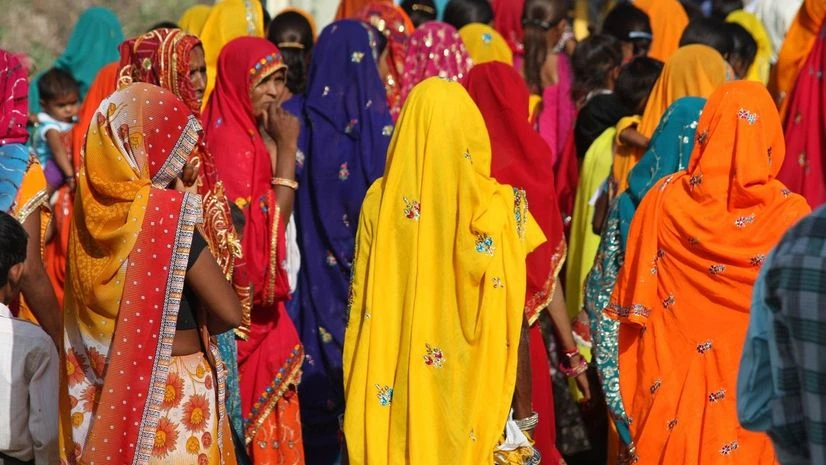Sixty-three per cent of cancer deaths in Indian women could have been prevented through risk factor reduction or screening, according to a new report by Lancet. A further 37 per cent of such deaths could have been avoided with timely treatment.
The report, titled "Women, Power and Cancer," highlighted the story of a 36-year-old woman from Nala Sopara in Mumbai to underscore the lack of awareness and apathy towards women's health in India, leading to delayed access to cancer detection and care.
The story revealed that Rama experienced headaches and vomiting. An initial consultation with a local doctor led to a recommendation for glasses and a visit to an eye specialist. Despite receiving the glasses, it later transpired that she had brain cancer.
Rama's husband, an auto-rickshaw driver and an alcoholic, was quoted in the report as displaying a callous attitude, saying, "If you die, then die. If you live, then live." Rama also faced physical abuse.
Dr Ishu Kataria, commissioner at Lancet, was cited by the Indian Express as stating that in 2020, over 50 per cent of women in India diagnosed with cancer died due to family apathy, their own indifference towards their condition, and lack of access to medical facilities and financial resources.
"Women interact with cancer in multiple ways: not only as individuals living with the disease but also as unpaid caregivers, participants in national-level cancer prevention and screening programmes, healthcare providers, researchers, and policymakers," she said.
The Lancet report noted that the value of unpaid cancer caregiving in India accounted for 2.53 per cent of the country's national health expenditure.
More From This Section
The study added that gender disparities have been reported in several studies concerning the time from the first presentation to diagnosis for various cancers, such as lung, colorectal, urinary tract, bladder, and pancreatic cancers. Women face longer wait times than men before being referred for diagnostic confirmation.
The report further indicated that these gender biases could become more pronounced when healthcare providers encounter patients who are not only women but are also disadvantaged in other ways—being poor, from a rural community, belonging to a marginalised ethnic or indigenous group, or having a disability.
According to an Indian Express report published on Wednesday, the highest number of cancer deaths among Indian women in 2020 were due to breast, cervical, and ovarian cancers.

)
